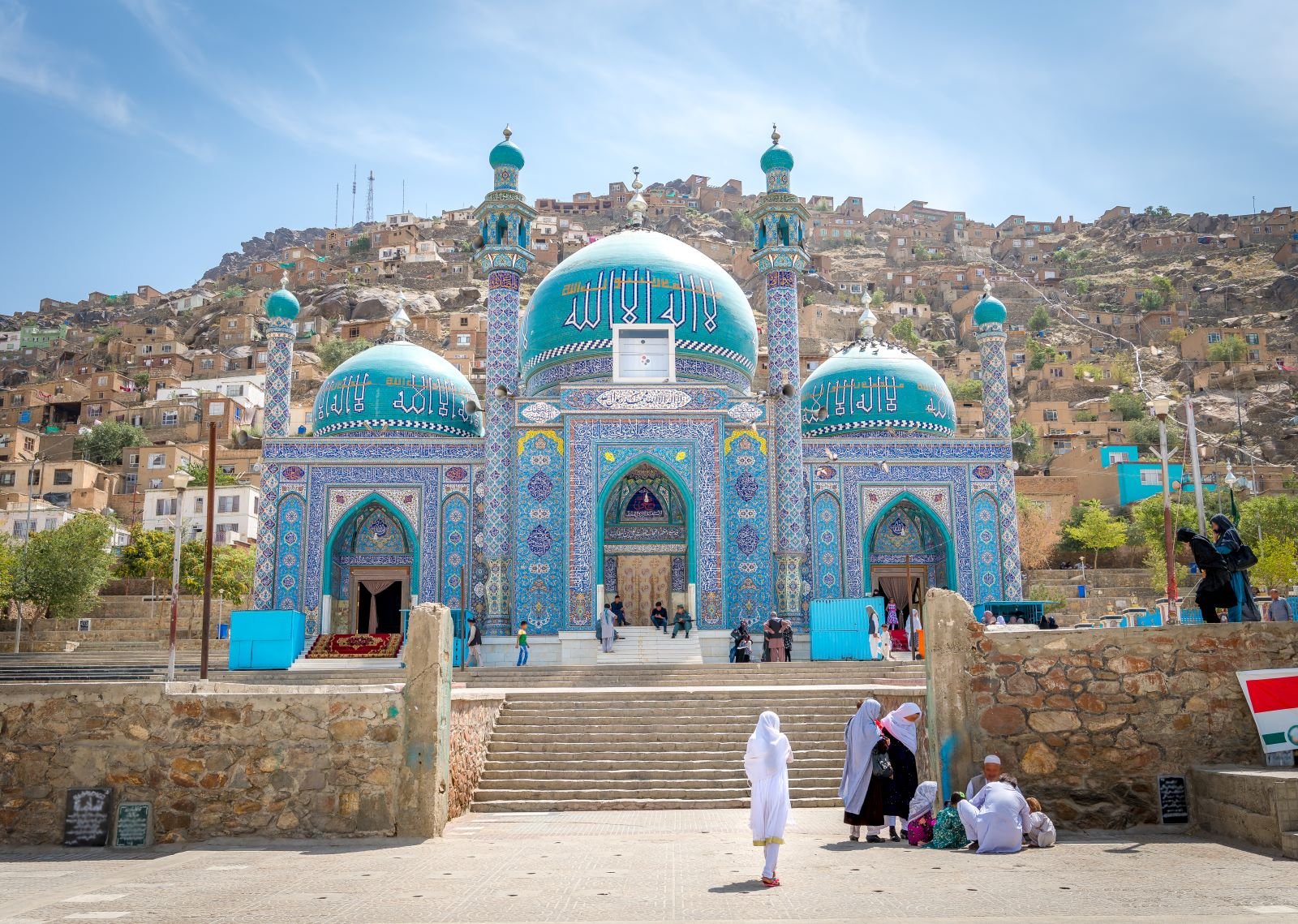While traveling abroad is generally easier for American passport holders, there are a few nations where it can be more difficult. The U.S. State Department issues travel advisories to guide citizens, as some destinations require extra caution. In this article, we will focus on countries with the most severe advisory: “Do Not Travel” (Level 4).
Iraq

The United States State Department has issued “Do Not Travel” advice for Iraq because of a volatile combination of civil upheaval, armed conflict, kidnapping, and terrorism. The area around the Syrian and northern borders is highly dangerous. Following the conflict in Israel in October 2023, tensions have intensified even more, resulting in a rise in attacks against Iraqi military bases that house American troops. This prompted the U.S. to withdraw non-essential personnel from its Baghdad embassy.
Iran

Travelers to Iran face a combination of threats, including terrorism, kidnapping, and civil unrest. However, the situation is especially concerning for U.S. citizens. The U.S. government has no diplomatic relations with Iran, and American travelers risk “arbitrary arrest” on charges like espionage. This situation is particularly problematic for Iranian-Americans, with students, journalists, and business people all being detained in recent years. A 2023 report by Amnesty International found a significant increase in executions in Iran, with the country reaching nearly 576 deaths in 2022.
Yemen

War-torn Yemen is a prime example of a country with extreme travel risks. The country faces a nightmarish combination of six of the State Department’s nine risk factors, including civil war, terrorism, kidnapping, landmines, armed conflict, and widespread disease. The U.S. warns against all travel to Yemen, highlighting the lack of basic infrastructure and the constant threat of violence. Since the U.S. embassy closed in 2015, American citizens cannot access consular assistance in case of emergencies. The situation in Yemen is further complicated by recent airstrikes conducted by the U.S. and U.K. against Houthi rebels supported by Iran.
Afghanistan

Afghanistan presents a challenging situation for travelers. The State Department warns against all travel due to widespread violence, including kidnapping, terrorism, and military operations. Wrongful detention is another major risk, particularly for U.S. citizens. The humanitarian crisis is worsening under Taliban rule, with public executions returning and women’s rights eroding. With the U.S. embassy closed and international aid halted, Afghanistan lacks even basic resources for those in need.
Russia

The war in Ukraine has pushed Russia to a Level 4 “Do Not Travel” designation. U.S. citizens are at risk of harassment, arbitrary detention, and limited access to assistance due to strained relations between the U.S. and Russia. The advisory also warns of terrorism, civil unrest, and inadequate healthcare throughout the country.
Ukraine

Despite some Ukrainian victories in 2023, the country remains a “Do Not Travel” zone due to the ongoing Russian invasion. Fighting continues to pose a significant risk, with the potential for military attacks and civil unrest. Crime is also a concern. The U.S. government discourages all travel, citing the complete closure of Ukrainian airspace and the limited ability to assist U.S. citizens.
Syria

Syria has been ravaged by civil war for over a decade, leaving no region safe from violence. The U.S. government strongly discourages all travel due to the constant threat of terrorism, kidnapping, armed conflict, and arbitrary detention. The U.S. embassy’s closure in 2012 further highlights the lack of support for Americans in Syria.
North Korea

North Korea, ruled by a totalitarian government, remains a dangerous destination for travelers. U.S. passports are invalid for travel to, within, or through North Korea. The most serious danger for U.S. citizens is arbitrary arrest and potential long-term detention, a risk tragically highlighted by the case of American student Otto Warmbier. In July 2023, a U.S. soldier crossed the border into North Korea, becoming the first American detained there in nearly five years. Despite his eventual return to U.S. custody, the risks persist.
South Sudan

South Sudan gained independence in 2011 but swiftly plunged into conflict, displacing approximately 4 million people. The State Department strongly advises against travel to South Sudan due to crime, kidnapping, and armed conflict. Weapons are abundant, and travelers have fallen victim to sexual assault and armed robbery. Meanwhile, neighboring Sudan faces its own challenges, which include civil unrest, terrorism, and violence along its borders with Chad and South Sudan.
Myanmar (Burma)

Myanmar (Burma) is another “Do Not Travel” zone for Americans. The country has been grappling with armed conflict and civil unrest since a military coup in early 2021. The U.S. State Department highlights significant risks of protests, military actions, wrongful detention, and arbitrary enforcement of local laws. Travelers are urged to exercise increased caution due to the presence of land mines and unexploded ordnance in certain areas.
Venezuela

Venezuela has been gripped by a political crisis since 2014. Travelers to this country face a litany of dangers: crime, civil unrest, kidnapping, wrongful detention, and inadequate health infrastructure. Violent crimes, including homicide, armed robbery, and carjacking, are alarmingly common. The U.S. Embassy in Caracas withdrew diplomatic personnel in 2019.
Libya

After the end of its dictatorship, Libya has been embroiled in internal conflict between armed groups in the East and West. U.S. citizens have been targeted for kidnapping by terrorists. Hotels and airports frequented by Westerners are particularly vulnerable. Militias or armed groups sometimes detain travelers arbitrarily, denying them legal rights and communication. The U.S. Embassy in Tripoli closed in 2014, leaving American citizens without official assistance. So, it’s best to avoid travel to Libya.
Burkina Faso

Burkina Faso, a West African nation, is a dangerous destination for U.S. travelers due to terrorism, crime, and kidnapping. The State Department warns of potential attacks targeting public places and emphasizes the risk of abduction throughout the country. In late 2023, clashes between security forces and rebels near the Mali border resulted in hundreds of deaths. Over 2 million people were displaced due to violence linked to extremist groups. The U.S. government’s limited ability to assist citizens in Burkina Faso adds another layer of concern.
Somalia

The U.S. State Department strongly advises against travel to Somalia due to crime, terrorism, civil unrest, health issues, kidnapping, and piracy. A recent drought-related famine has brought the general instability to light. The abduction of passengers from a U.N. helicopter in January 2024 exemplifies the constant threat posed by extremist groups.
Belarus

Belarus is on the “Do Not Travel” list for Americans due to its proximity to the war in Ukraine and its support for Russia’s military actions. The U.S. State Department warns of the dangers of arbitrary arrest, potential civil unrest, and the limited ability of the U.S. embassy (closed since February 2022) to assist Americans in Belarus. The presence of a large Russian military force adds another layer of tension and risk.
